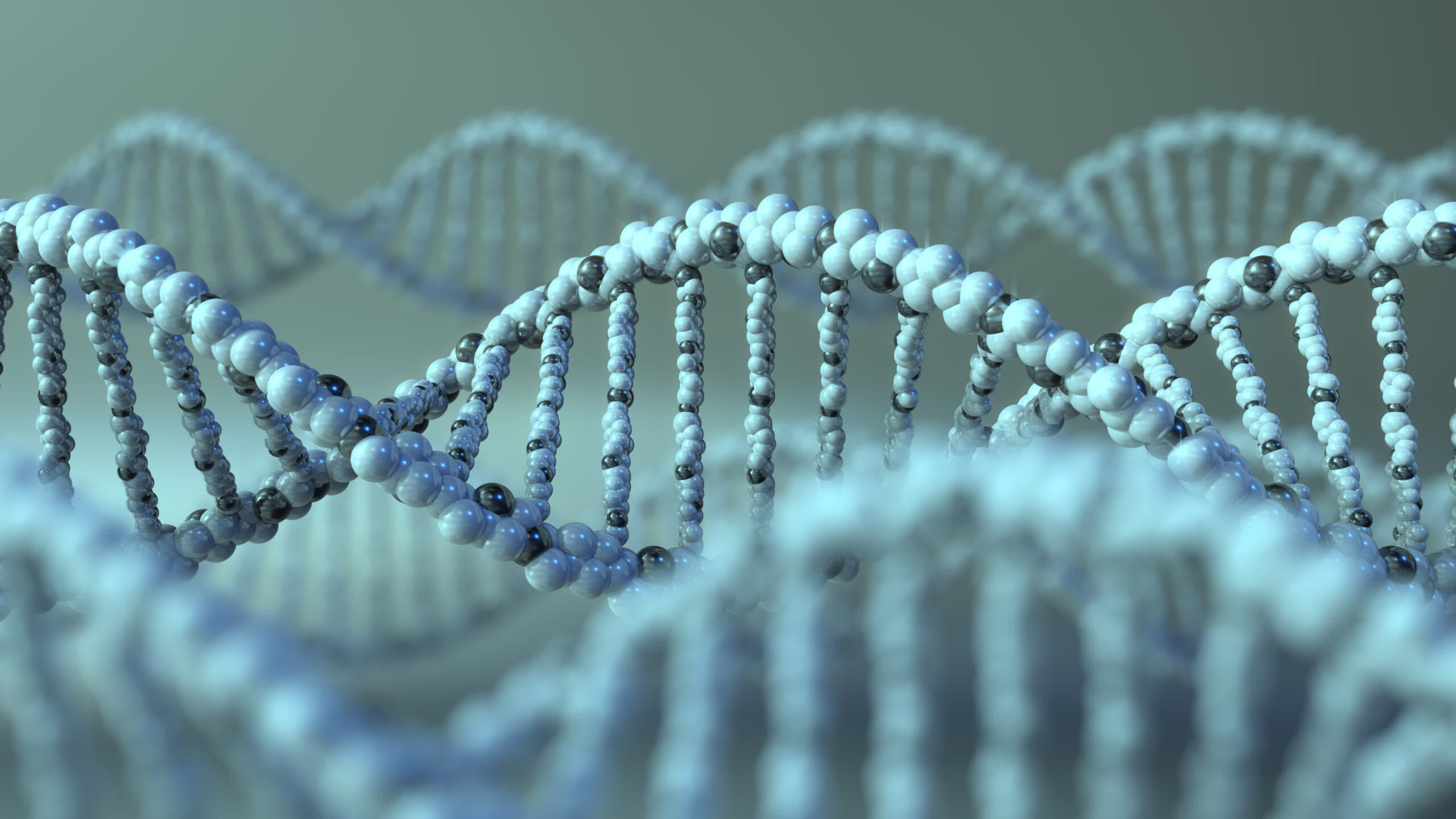

An AI diagnosis distinguishes with 95% accuracy between a good and a bad endometrial prognosis.

28 July, 2023
For the past 40 years, reproductive medicine research has been heavily focused on studying and improving embryo quality. However, the role of the endometrium is also crucial, since this is the place where embryo implantation and early embryonic development will take place.
Although the diagnosis of the embryo is very important, the diagnosis of the endometrium is equally so. Existing methods of endometrial assessment have been based on detecting the specific time of each woman's window of implantation, i.e. when the endometrium is most likely to become pregnant. However, there is controversy as to the advantage of using this procedure in clinical practice, as randomised clinical trials have not shown evidence of improvement. Hence the study entitled 'A gene expression risk signature of endometrial failure for prognosis in In Vitro Fertilization (IVF) patients', presented a few days ago at the latest edition of the European Society on Human Reproduction and Embryology (ESHRE), held in Copenhagen.
The study goes beyond identifying the exact time of the window of implantation. These results represent a new strategy for endometrial assessment that does not aim to identify the time of the window of implantation as current tools do, but rather proposes to pre-emptively detect a molecular profile with a higher risk of endometrial failure.
"The research we present in this scientific context, for the first time, uses transcriptomics in conjunction with artificial intelligence algorithms. It provides a new method with 95% accuracy in identifying genetic signatures that will help us to determine endometria with good and poor
prognosis before starting reproductive treatment", explains Dr. Patricia DĂaz-Gimeno, researcher at the IVI Foundation and supervisor of the study.
Not only did the researchers pioneer the method of identifying these two types of endometrial profiles—good and poor prognosis. When studying the two profiles, they found a difference of three times the increased relative risk of endometrial failure in patients diagnosed with a poor prognosis. This risk could include either an implantation failure, a biochemical miscarriage, or a clinical miscarriage.
Beyond the endometrial implantation window
Up until now, the existing tools for evaluating the endometrium have been based on identifying endometria displaced from the implantation window without having demonstrated substantial improvements in patients' pregnancy rates.
"Although new lines of study are needed for patients with poor prognosis endometria, being able to distinguish them in a preventive way using this method is the starting point for research into new procedures. This will improve their diagnosis and treatment, thus preventing the suffering of women and couples due to a possible loss of embryos while improving the likelihood of success in their reproductive processes. These promising results are yet another example of our firm commitment to personalised or precision medicine," concludes Dr. DĂaz-Gimeno.
If you are interested in endometrial health, you may be interested in this online course on The Preimplantation Genetic Testing Laboratory that we offer at IVIRMA Global Education.
Related courses

Online
Online Course on Immunology and Hematology
Start: 02/12/2026
Online courses
Course fee:
250 €

Online
Online course: Fundamentals in Reproductive Genetics
Start: 02/12/2026
Online courses
Course fee:
150 €

Online
Assisted Reproduction Fundamentals
Start: 06/11/2026
Online courses
Course fee:
150 €

